Mike Kentz is an educator and AI literacy consultant with 14+ years of experience in journalism and teaching. He has served over 20 institutions and 1,500+ educators spanning K-16 levels in 2025 and brings direct classroom experience in the age of AI to his talks, workshops, and trainings. A TEDx speaker, his work on AI in education has been featured in EdSurge, Edutopia, The Wall Street Journal, and Canadian National Radio. Drawing on hands-on classroom experience, he developed a pioneering approach to teaching with AI and has worked with a wide variety of clients in higher education and K–12. Mike combines a Humanities-driven perspective with practical strategies to help schools and organizations adapt to AI. A graduate of Georgetown University (B.A.), Relay GSE (M.A.T.), and Wilkes University (M.A.), he previously worked as a financial journalist with bylines in major national outlets. He lives in Morristown, NJ, with his wife and their pets.









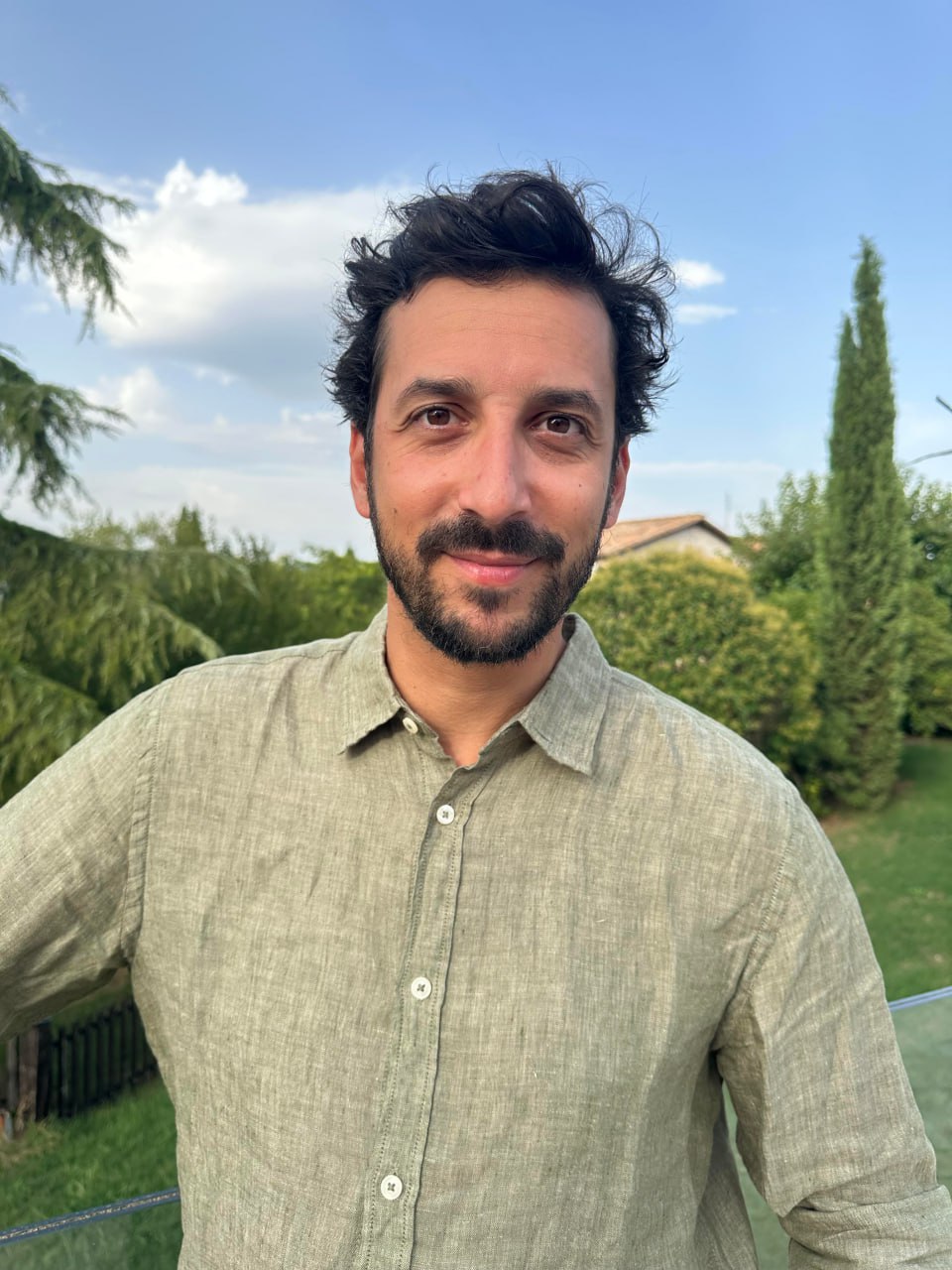
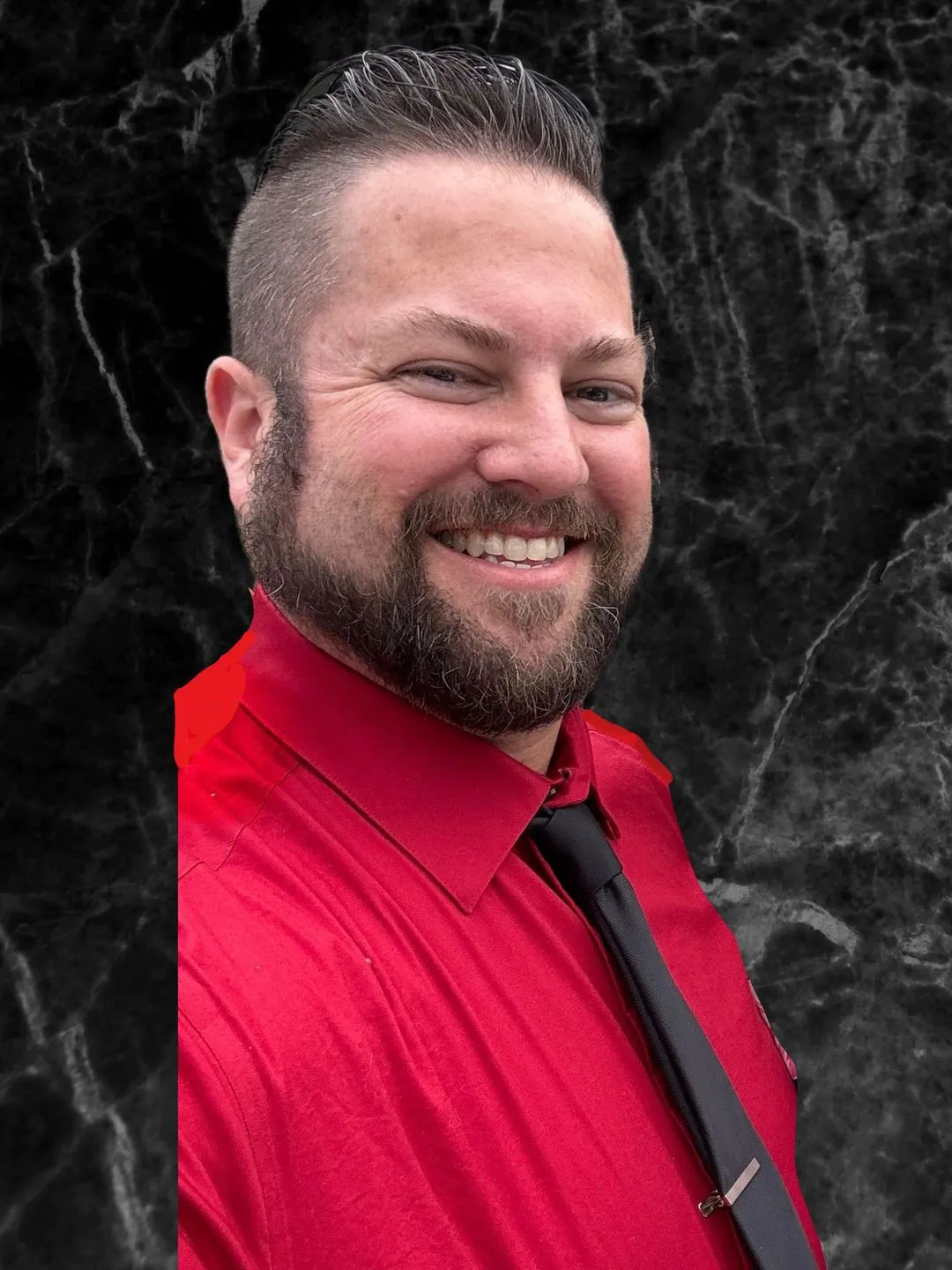

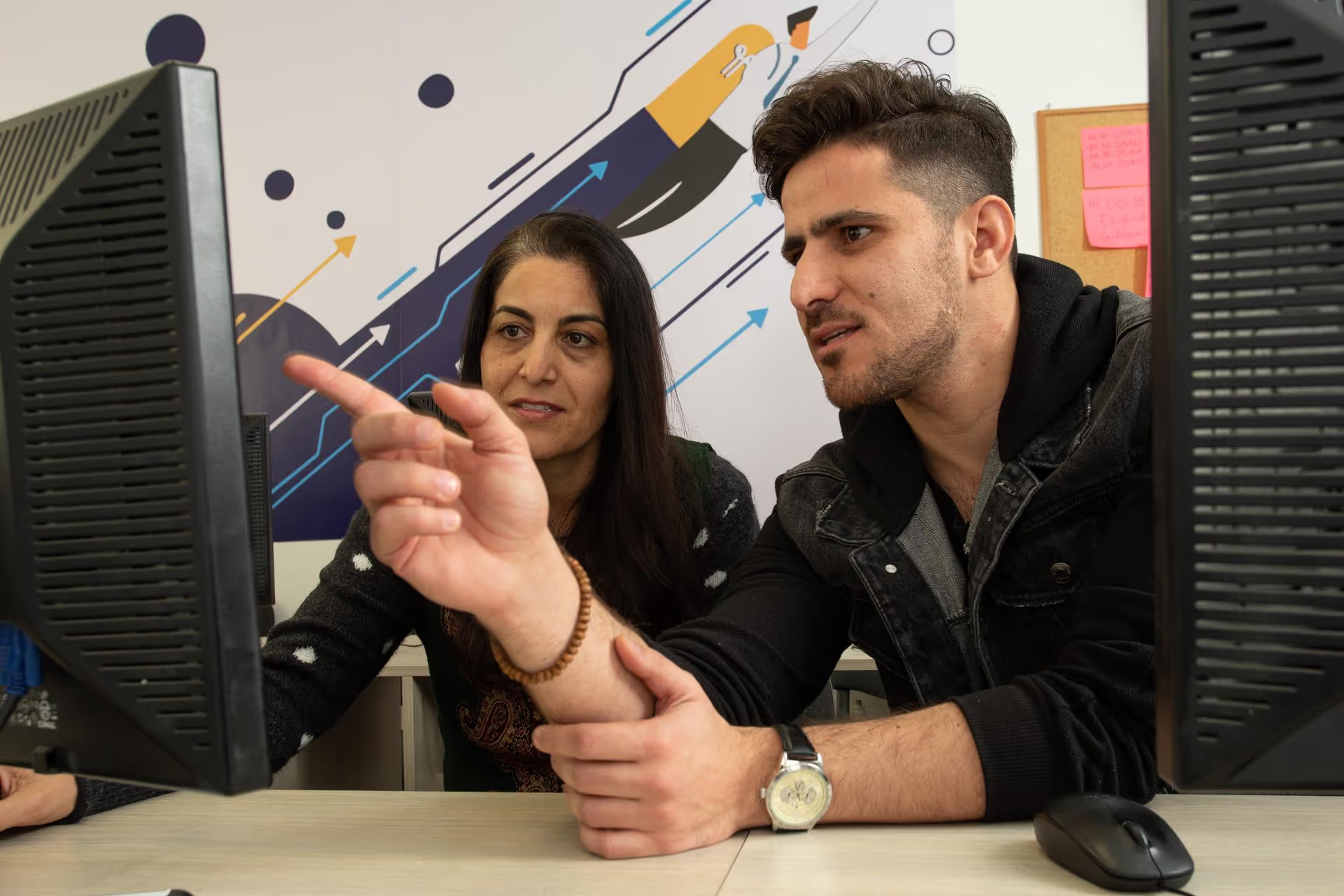
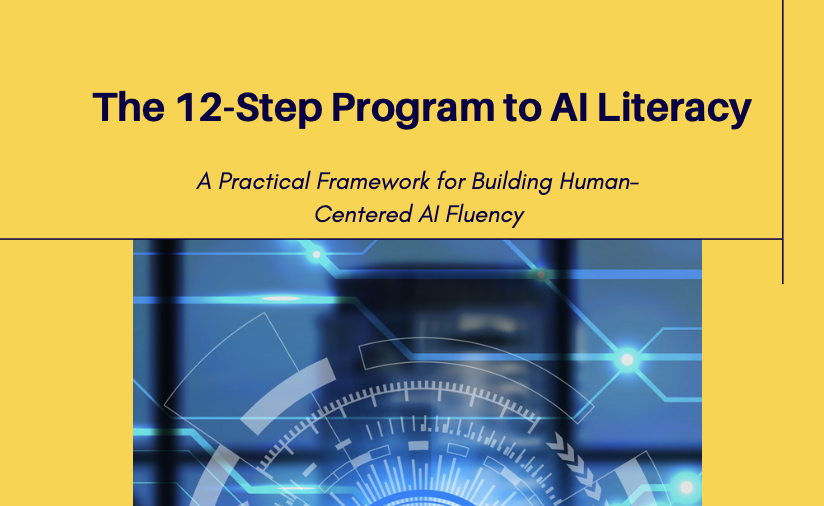
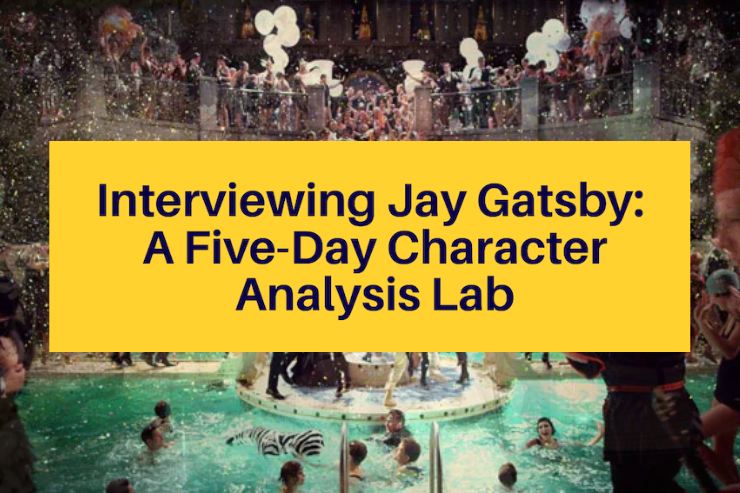
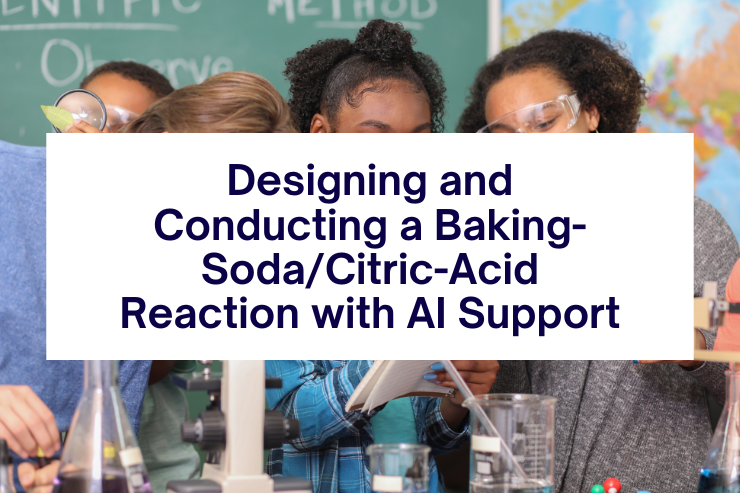
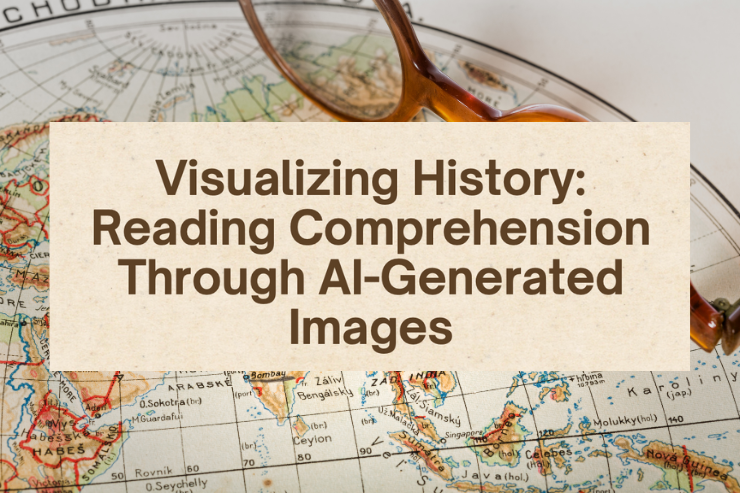



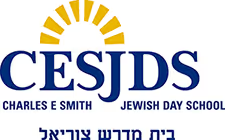


.avif)
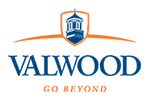
.avif)

















